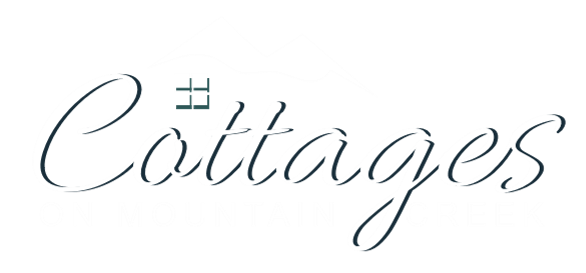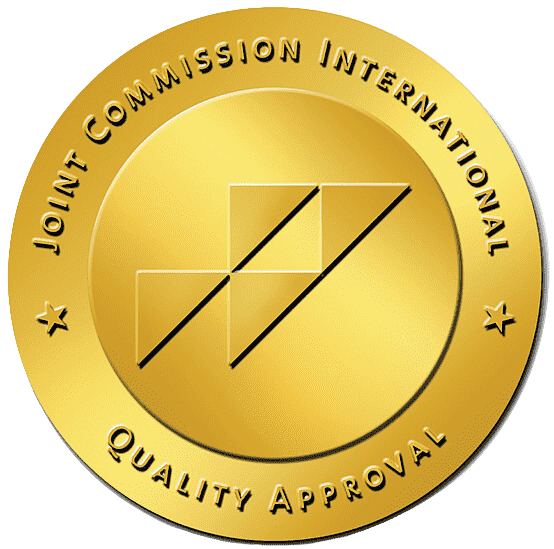Accreditation
Accreditation keeps us on our toes. We regularly receive standards updates, alerts and information about common areas for improvement. It gives us a structure around which to focus our quality improvement efforts.
The Joint Commission Accreditation helps organize and strengthen patient safety efforts. Patient safety and quality of care issues are at the forefront of Joint Commission standards and initiatives.
The Joint Commission Certification improves the quality of patient care by reducing variation in clinical processes. The Joint Commission’s standards and emphasis on clinical practice guidelines help organizations establish a consistent approach to care, reducing the risk of error.
Joint Commission standards are the basis of an objective evaluation process that can help health care organizations measure, assess and improve performance. The standards focus on important patient, individual, or resident care and organization functions that are essential to providing safe, high quality care.
The Joint Commission’s state-of-the-art standards set expectations for organization performance that are reasonable, achievable and surveyable.


Standards Development Process
Joint Commission standards are developed with input from health care professionals, providers, subject matter experts, consumers, and government agencies (including the Centers for Medicare & Medicaid Services). They are informed by scientific literature and expert consensus and reviewed by the Board of Commissioners. New standards are added only if they relate to patient safety or quality of care, have a positive impact on health outcomes, meet or surpass law and regulation, and can be accurately and readily measured.
Emerging quality and safety issues suggesting the need for additional or modified requirements are identified through the scientific literature or discussions with The Joint Commission’s standing committees and advisory groups, accredited organizations, professional associations, consumer groups or others.
The Joint Commission prepares draft standards using input from technical advisory panels, focus groups, experts and other stakeholders.
The draft standards are distributed nationally for review and made available for comment on the Standards Field Review page of The Joint Commission website.
After any necessary revisions, standards are reviewed and approved by executive leadership.
The survey process is enhanced, as needed, to address the new standards requirements, and pilot testing of the survey process is conducted.
Surveyors are educated about how to assess compliance with the new standards. The approved standards are published for use by the field.
Foundation of Our Policies & Procedures
Accreditation forms the foundation of our policies and procedures and has established us as a safe, stable, clinical environment. Being accredited by the Joint Commissions helps our organization
- Organizes and strengthens patient safety efforts
- Strengthens community confidence in the quality and safety of care, treatment and services
- Improves risk management and risk reduction
- Provides education to improve business operations
- Provides professional advice and counsel, thereby enhancing staff education
- Provides a customized, intensive review
- Enhances staff recruitment and development
- Provides authority for Medicare certification
- Provides recognition by insurers and other third parties
- Provides a framework for organizational structure and management
- Provides practical tools to strengthen or maintain performance excellence; and
- Aligns healthcare organizations with one of the most respected names in healthcare.

The Joint Commission
Founded in 1951, The Joint Commission seeks to continuously improve health care for the public, in collaboration with other stakeholders, by evaluating health care organizations and inspiring them to excel in providing safe and effective care of the highest quality and value. The Joint Commission accredits and certifies more than 21,000 health care organizations and programs in the United States. An independent, nonprofit organization, The Joint Commission is the nation’s oldest and largest standards-setting and accrediting body in health care. Learn more about The Joint Commission at
The Gold Seal of Approval
The Cottages on Mountain Creeks has earned The Joint Commission’s Gold Seal of Approval® for Behavioral Health Care Accreditation by demonstrating continuous compliance with its performance standards. The Gold Seal of Approval® is a symbol of quality that reflects an organization’s commitment to providing safe and effective care.
Accredited and Certified by The Joint Commission

